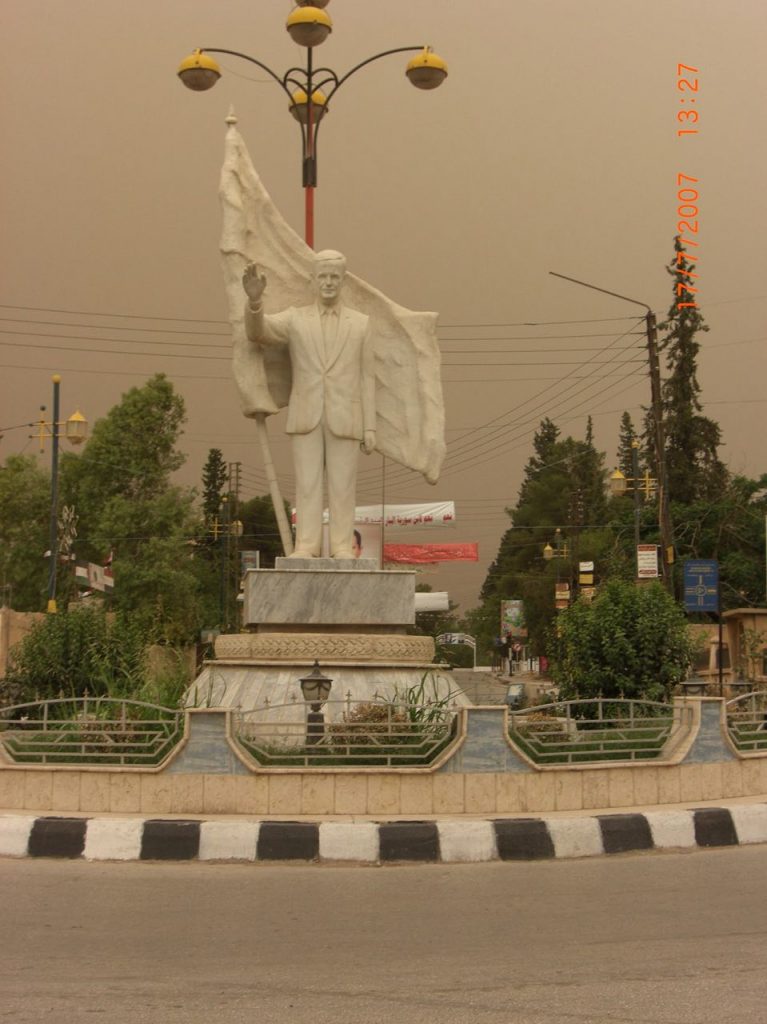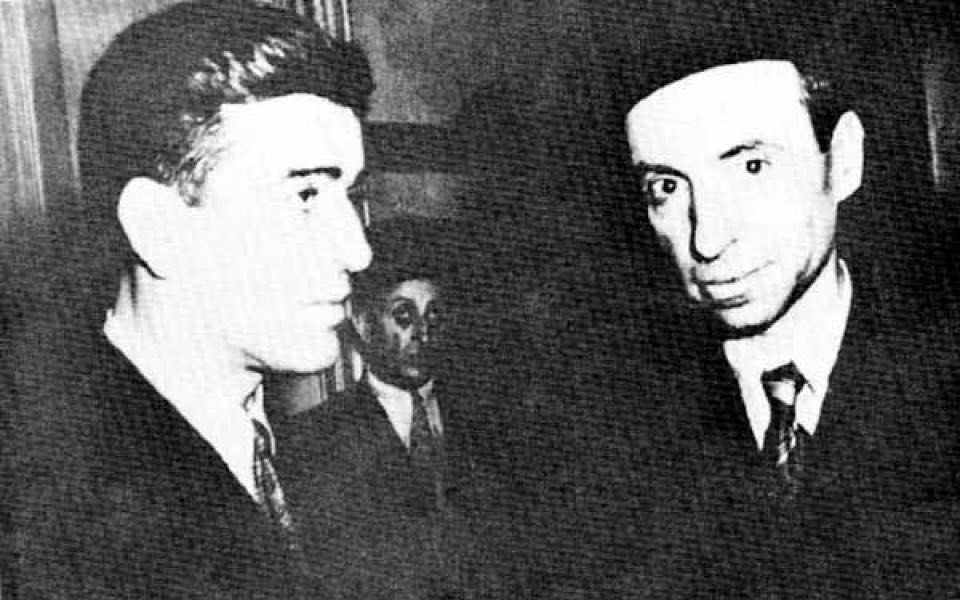The Syrian Arab Baath Party is one of the most influential political movements in the Middle East, shaping Syria’s modern history since its founding in the mid-20th century.
Known officially as the Arab Socialist Baath Party, its ideology combines Arab nationalism and socialism, promising unity, freedom, and socialism for the Arab world. But who were they really, and how did they dominate Syria’s political landscape for decades?
The Birth of the Baath Party
The Baath Party was founded in Damascus in 1947 by Michel Aflaq, a Greek Orthodox Christian; Salah al-Din al-Bitar, a Sunni Muslim; and Zaki al-Arsuzi, a prominent Arab nationalist. They envisioned a pan-Arabist movement to unite the Arab world under a single socialist banner. The party’s slogan—”Unity, Freedom, Socialism”—captured its aspirations: unity among Arab states, freedom from foreign imperialism, and socialism as an economic framework.
The founders were heavily influenced by the anti-colonial fervor sweeping the region after World War II, particularly the struggle for independence from French and British control. The party rapidly gained traction among intellectuals, students, and the military, setting the stage for its eventual dominance in Syria and Iraq.

Baathism: A Radical New Ideology
Baathism blended elements of Marxism, Arab nationalism, and anti-imperialism. The party rejected Western imperialism and Zionism, blaming them for the fragmentation of the Arab world. Unlike traditional Marxism, Baathism wasn’t strictly class-focused; it sought to unite Arabs across religious, sectarian, and economic divides.
This ideology found fertile ground in post-independence Syria, where colonial legacies left a fractured political system, weak national identity, and widespread poverty. The Baath Party positioned itself as the solution to these issues, combining revolutionary zeal with a clear anti-Western stance.
The Rise to Power
The Baath Party officially entered Syrian politics in 1954, following the end of military rule. However, its ascent to dominance came in 1963, when a coup d’état—known as the Baathist Revolution—brought it to power. The coup was led by a faction of Baathist military officers who sought to implement the party’s socialist and pan-Arabist vision.
Once in power, the Baathists moved quickly to consolidate control. They nationalized key industries, redistributed land, and implemented sweeping reforms to modernize the country. However, internal divisions within the party soon became apparent, leading to purges, coups, and factional infighting.


Hafez al-Assad and the Consolidation of Power
In 1970, Hafez al-Assad, an ambitious Baathist military officer, seized power in what became known as the Corrective Movement. Assad sidelined rival factions, centralized authority, and established a rigid hierarchy within the Baath Party.
Under Assad, the Baath Party became synonymous with the Syrian state. Its ideology shifted from pan-Arabism to a more pragmatic nationalism, focusing on Syria’s sovereignty and stability. While the party retained its socialist rhetoric, it increasingly relied on patronage networks and a loyalist military to maintain power.
The Baathist Legacy
Under Baathist rule, Syria underwent significant modernization. Education and healthcare were expanded, women gained greater rights, and the government embarked on ambitious infrastructure projects. However, the party’s authoritarian tendencies also stifled dissent and entrenched corruption.
The Baath Party’s rule has also been marked by a complex foreign policy. While fiercely opposing Israel and Western intervention, Syria under Baathist rule maintained strong alliances with the Soviet Union, Iran, and Hezbollah.
The Syrian Civil War and the Decline of the Baath Party
The outbreak of the Syrian Civil War in 2011 marked a turning point for the Baath Party. While President Bashar al-Assad, Hafez’s son, remains in power, the war has significantly weakened the party’s grip on Syria. The party’s ideology of unity and socialism appears increasingly hollow in a nation fractured by sectarian violence, economic collapse, and foreign intervention.
Critics argue that the Baath Party failed to adapt to the demands of a changing world, clinging to outdated ideals and authoritarian tactics. Yet, for its supporters, the party remains a symbol of Syrian sovereignty and resistance to imperialism.

Conclusion
The Syrian Arab Baath Party’s history is a tale of grand ambitions, ideological zeal, and authoritarian pragmatism. It played a defining role in shaping modern Syria, as well as in preserving peace after ISIS.
It may though be quite a while before history can truly judge it. Click the link to see our Syria Tours.





